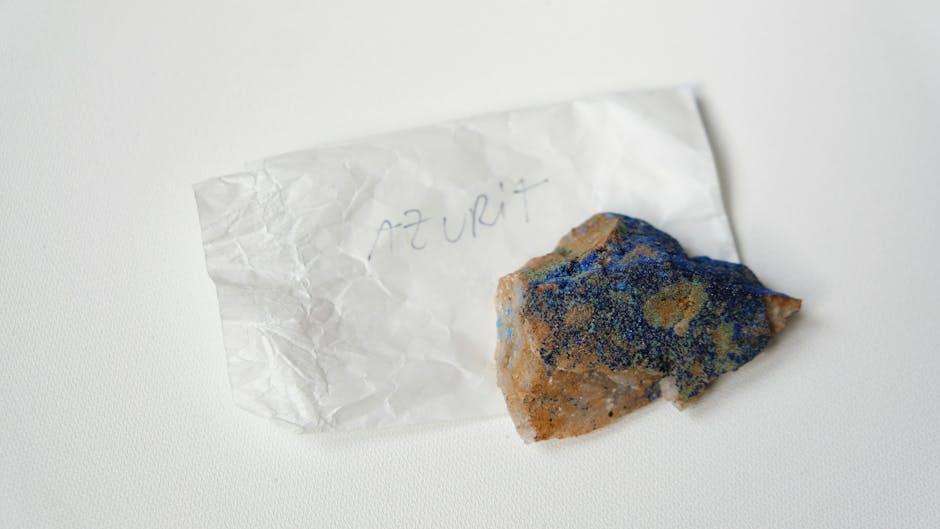Dungeons & Dragons Is a Household Name Again
Once considered a niche hobby enjoyed by geeks and nerds, Dungeons & Dragons (D&D) has reclaimed its position as a bona fide household name. The tabletop role-playing game, first created in 1974 by Gary Gygax and Dave Arneson, has recently experienced a renaissance, captivating a new generation of players and cementing its place in pop culture.
One of the driving factors behind the resurgence of Dungeons & Dragons is the rise of streaming platforms such as Twitch and YouTube. With the advent of these platforms, fans and players can now share their gaming sessions with a global audience. This has not only exposed the game to millions of people who would have otherwise remained oblivious to it but has also created a vibrant community of enthusiastic players who come together online to enjoy their shared passion.
Additionally, D&D has enjoyed a surge in popularity due to its incorporation into mainstream media. Popular television shows such as “Stranger Things,” which prominently features a group of kids who play D&D, have helped catapult the game into the forefront of pop culture. These portrayals have captured the hearts of viewers, creating a sense of nostalgia for those who grew up playing the game and inspiring newcomers to give it a try.
The pandemic has also played a role in the resurgence of Dungeons & Dragons. With countless people forced to stay at home due to lockdowns and social distancing measures, traditional forms of entertainment like board games and video games have seen a surge in popularity. Dungeons & Dragons, with its social and interactive nature, provided a perfect escape from the monotony of isolation. Online platforms adapted quickly, providing players with virtual tools to continue their campaigns remotely, ensuring that the game remained accessible even during the toughest times.
Furthermore, the inclusivity and creativity at the core of D&D have contributed to its new-found fame. The game allows players to create unique characters, engage in imaginative storytelling, and develop deep connections with fellow adventurers. It embraces diverse storytelling perspectives, enabling players to explore different cultures, mythologies, and fantastical worlds. Its open-ended and adaptable nature makes it appealing to a wide range of players, regardless of age, background, or experience level.
As Dungeons & Dragons continues to grow in popularity, game developers and creators have seized the opportunity to expand the brand beyond the tabletop. Wizards of the Coast, the company that owns D&D, has successfully launched video games based on the franchise, including “Baldur’s Gate” and “Neverwinter.” These adaptations allow fans to experience the rich lore and immersive worlds of D&D in a digital format, further expanding its reach and appeal.
In conclusion, Dungeons & Dragons has made a remarkable comeback and reclaimed its position as a household name. Through the power of streaming platforms, mainstream media, and its inherent inclusivity, the game has captivated a new generation of players and welcomed back dedicated fans. Whether played around a table with friends or experienced virtually, D&D continues to provide an immersive and engaging experience that transcends time and brings people together. It’s time to dust off those dice and embark on an epic adventure.

